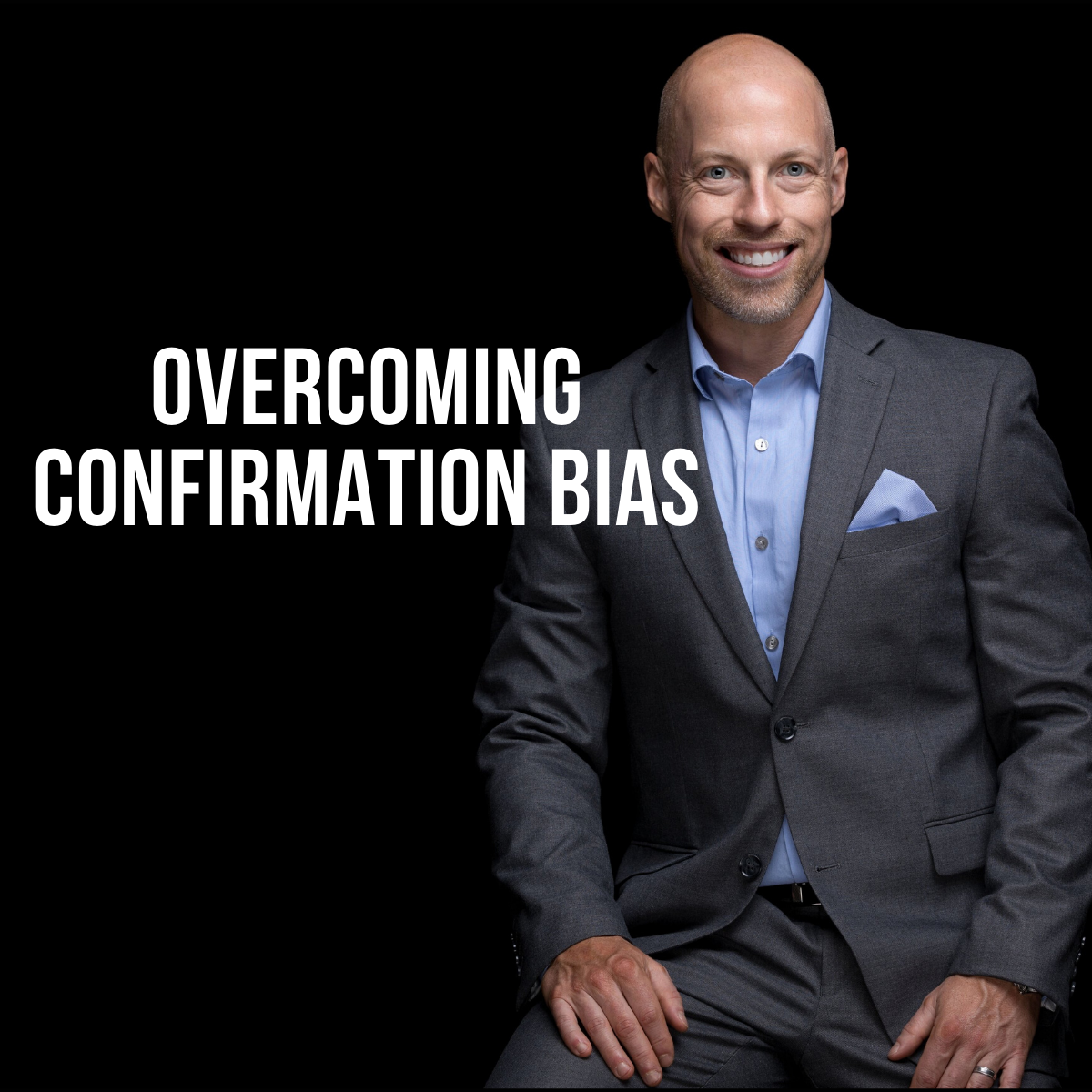
Overcoming Confirmation Bias
In a quest to make better decisions, I have been researching confirmation bias and cognitive dissonance. This research has made me more aware of my blind spots and how to overcome them. As a side benefit, I can also identify other people's biases more effectively.
This post focuses on overcoming confirmation bias, and another post focuses on overcoming cognitive dissonance.
My research approach follows a standard process. First, my research team aggregates all of the main articles on a topic into a single file. From there, my team finds common themes and consolidates those themes into a single file that drives the key takeaways in these posts.
These are my top ten takeaways from the confirmation bias research. If you want to dig deeper, you can use this Google document with all of the deep-dive content. That document contains actionable techniques to help you make better decisions by systematically becoming aware of and overcoming your own biases.
- Confirmation bias is a type of cognitive bias that involves favoring information that confirms our previously existing beliefs.
- Confirmation bias can lead to poor decisions, wrong choices, and can cause us to think unobjectively. These poor outcomes can happen when we miss important information by not seeking objective facts and not interpreting information that opposes our views and beliefs.
- Confirmation bias impacts how we gather information and influences how we understand and recall that information.
- Confirmation bias explains why two people with opposing views on a topic can see the same evidence and come away feeling correct and validated by it. When people have opposing ingrained ideological and emotionally charged views, cognitive bias becomes more pronounced.
- People experience confirmation bias because people do not want to find out that they are wrong, commonly known as challenge avoidance.
- People only want to find out that they are right, widely known as reinforcement seeking.
- Overcoming confirmation bias is all about changing your approach. Let go of the fear of being wrong, confront your ego, be comfortable with disagreements, and, most importantly, avoid forming conclusions without appropriate facts.
- You can overcome confirmation bias by asking great questions, keeping information channels open, as well as pressure testing your ideas with others, especially with smart people who disagree with you.
- You can help other people to overcome confirmation biases by slowing down the reasoning process, encouraging them to avoid forming a hypothesis too early, and improving the way you present information (i.e., by giving simple explanations instead of complex ones).
- In a business situation, you can help people overcome confirmation bias by increasing their accountability and involving them in the decision-making process. In other words, make their decisions matter, which tends to lead to improved objectivity when responsible for the outcome.
